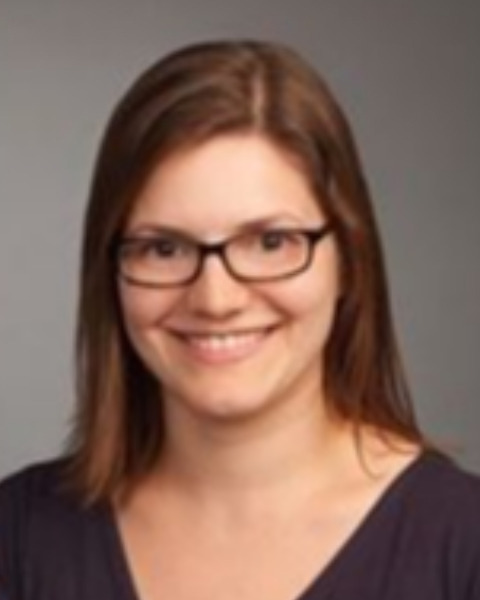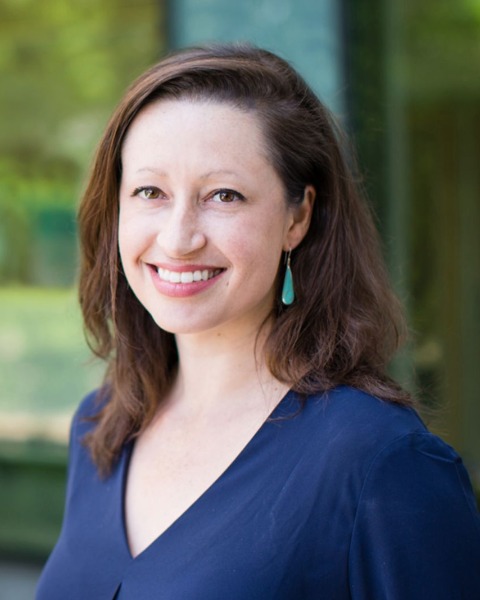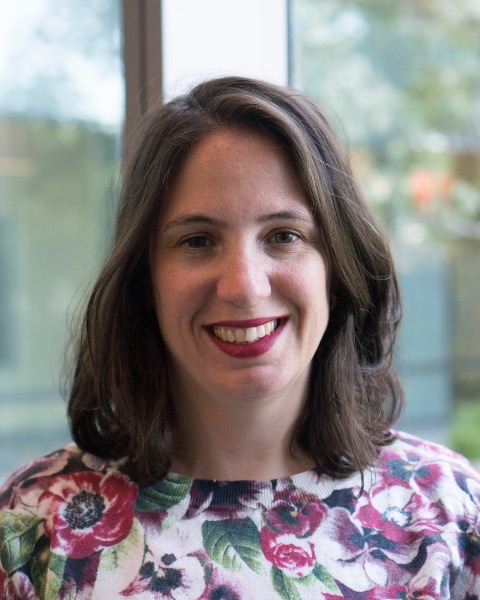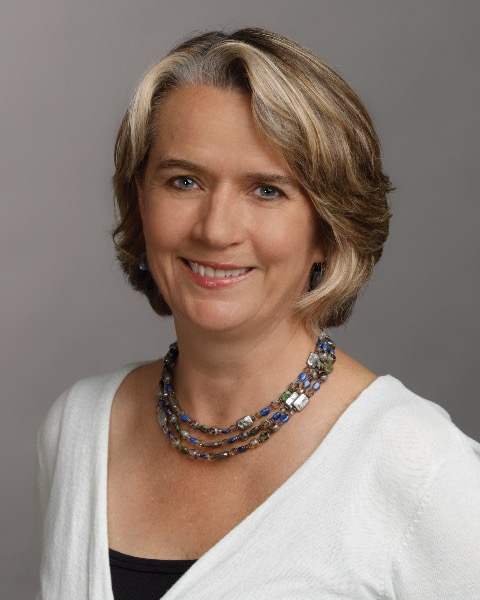Oral Concurrent Session 5 - Fetal Genetics and Ultrasound
Oral Concurrent Sessions
Expedited Sessions
56 - Patient Perspectives on the Utility and Impact of Prenatal Exome Sequencing
Study Design:
Secondary analysis of a prospective cohort study of pregnancies with fetal anomalies undergoing ES. Initial surveys were completed in English or Spanish within 2 weeks of results return, with a follow up survey 6 months later. Surveys were developed by the Clinical Sequencing Evidence-Generating Research consortium and adapted for prenatal use. Primary outcome was proportion of patients who would choose to have this test again. Secondary outcomes were responses to questions regarding whether test results changed their plans for future pregnancies, how participants felt receiving their test results, and in what ways they found results helpful. Responses were compared among those with positive, negative, and inconclusive results.
Results: Two hundred thirty-four participants received surveys, and 196 answered at least one question (84%). Six months after return of results, 97% (135/139) would choose ES again (28/28 with positive findings, 101/115 with negative results, and 6/6 with inconclusive findings). Seventeen percent (32/185) reported that ES results changed their plans for future reproduction; this was more common among those with positive than negative results (13/34 versus 17/124, p< 0.01). On initial survey, participants largely found results helpful in all domains, with no significant differences based on results (Table 1). Initial responses varied by ES results; those with negative results were more relieved, while those with positive and inconclusive results felt anxious and relieved in nearly equal proportions (Table 2).
Conclusion: Patients undergoing prenatal ES for fetal anomalies would largely choose ES again. More than one third of those with positive ES changed plans for future reproduction based on results.

Kate Swanson, MD (she/her/hers)
Physician
NorthShore University Health System
Evanston, Illinois, United States- NS
Nuriye Sahin-Hodoglugil, DrPH, MD
University of California, San Francisco
San Francisco, CA, United States 
Teresa N. Sparks, MD, MAS
Maternal-Fetal Medicine and Clinical Genetics
University of California, San Francisco
San Francisco, California, United States- SA
Sara Ackerman, PhD
Professor of Department of Social & Behavioral Sciences
UCSF
SAN FRANCISCO, CA, United States 
Billie R. Lianoglou, MS
Genetic Counselor
University of California, San Francisco
San Francisco, California, United States- SD
Sarah L. Downum, BS
Clinical Research Coordinator, Pre-med student
University of California, San Francisco
San Francisco, California, United States 
Mary E. Norton, MD (she/her/hers)
Professor, Dept of Obstetrics, Gynecology & Reproductive Sciences
University of California, San Francisco
San Francisco, CA, United States

.png)
